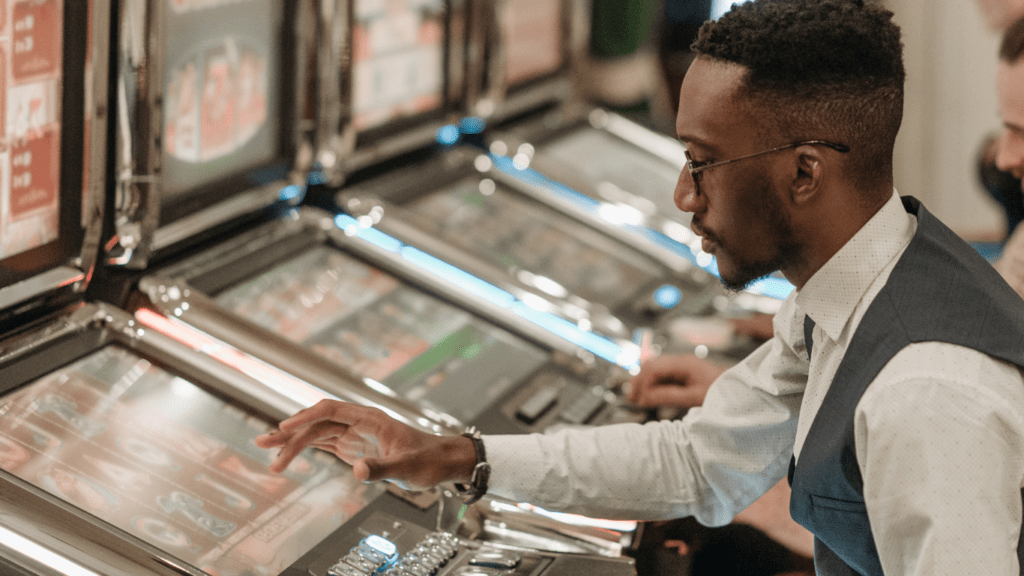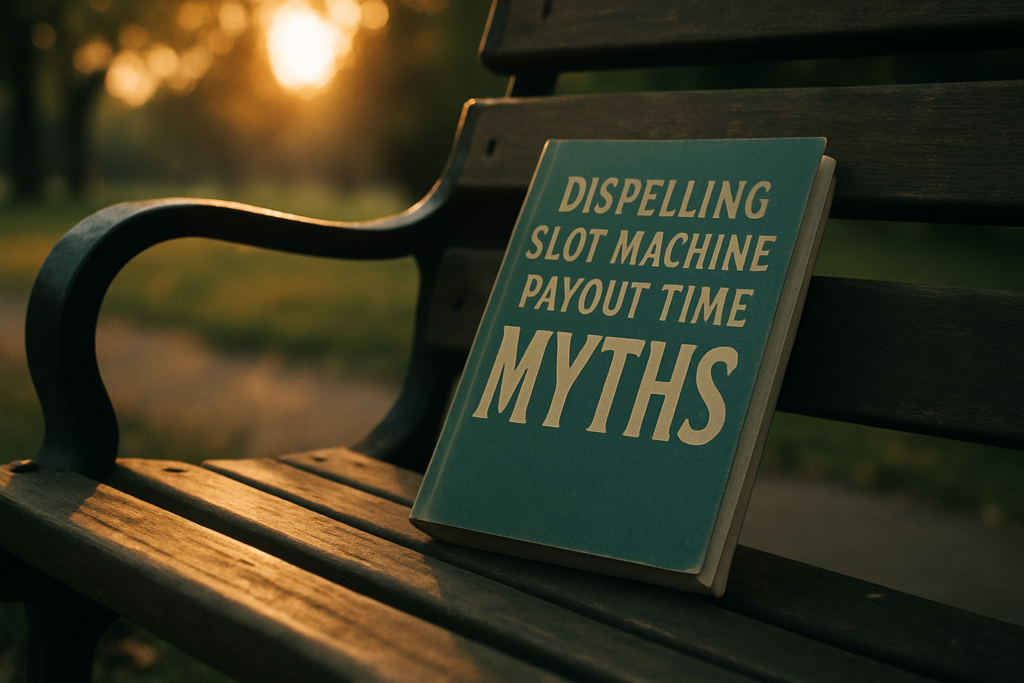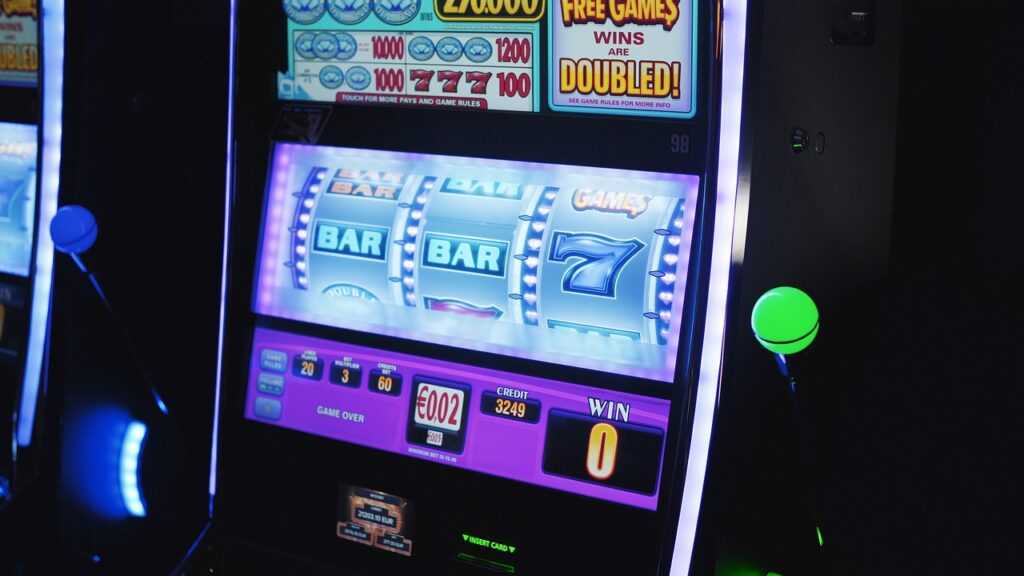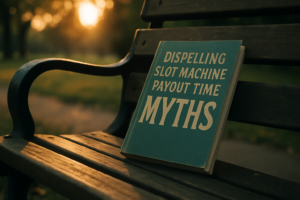Understanding Slot Machine Superstitions
Slot machine superstitions often stem from a desire to control what is essentially a game of chance. Many players believe that certain actions, like rubbing the machine or wearing specific clothing, can influence outcomes. While these beliefs persist, the reality is different.
Each spin on a slot machine operates independently of the last. The random number generator (RNG) technology ensures unpredictability. This means past spins don’t affect future results. Regardless of popular rituals, the chances of hitting a jackpot remain constant.
These superstitions also highlight how players look for patterns. Many assume machines ‘run hot’ or ‘go cold,’ yet the design eliminates these streaks. Embracing facts over myths may enhance the gaming experience by reducing misplaced hopes and frustration.
In understanding these common beliefs, it’s crucial to separate fact from fiction to fully appreciate what makes slot machines engaging. While habits and rituals add personal flair to gameplay, they don’t alter the outcome. Knowing this can help focus enjoyment on the entertainment value slots provide.
Popular Slot Machine Superstitions
Superstitions around slot machines are intriguing and often entrenched in belief systems. Let’s explore a few prevalent ones that players tend to rely on.
Lucky Charms and Rituals

Many players believe in carrying lucky charms or performing specific rituals. Items like:
- rabbit’s feet
- four-leaf clovers
- horseshoes
often find their way into casinos. Some players follow rituals like tapping the machine a certain number of times or reciting a phrase before each spin, thinking these actions could magically lead to a win. Despite the passion behind them, these practices lack any scientific basis given the independence of each spin facilitated by RNG technology.
Hot and Cold Machines
The belief in “hot” and “cold” machines persists among many slot enthusiasts. A “hot” machine is thought to be one that recently paid out and is likely to continue doing so, whereas a “cold” one hasn’t paid out recently and is best avoided. The truth is each machine operates randomly; past performance doesn’t influence future chances. Thus, the notion of switching machines based on perceived temperature remains a myth in reality.
Time of Day Myths
Some players are convinced that casinos program machines to be more generous or stingy at certain times of the day. They speculate that late-night or early-morning hours might offer better odds. This belief is rooted in the desire to predict outcomes through external factors. However, slot machines don’t adhere to time schedules and maintain randomness regardless of when they’re played. Understanding this can help players make more informed and less emotionally charged decisions.
Debunking Slot Machine Myths
Slot machines attract countless myths due to their unpredictable nature. Understanding the technology behind them helps clarify misconceptions.
Randomness and Game Design
Every spin on a slot machine is independent of previous spins, thanks to Random Number Generators (RNGs). Designers incorporate RNGs to ensure each outcome is purely random, making it impossible for players to predict results based on past spins. This randomness is critical to game integrity, supported by regulatory bodies that regularly test gaming software. The misconception that slots can run “hot” or “cold” contradicts this random design. Each play is a separate event, making the machine’s payout history irrelevant.
The Role of Chips and Algorithms
- Microchips govern the operation of modern slot machines.
- These chips, combined with intricate algorithms, determine where the reels stop during each spin.
- Casinos program these algorithms to maintain a specific payout percentage over time, known as the Return to Player (RTP) rate.
- This rate aligns with the machine’s randomness, ensuring it remains neutral and fair.
- Beliefs suggesting manipulation or tampering overlook the sophistication of the technology in place, which prevents alterations to game fairness.
- Understanding the role of chips and algorithms dispels myths about secretive control tactics, emphasizing that luck is the sole influencer in gameplay.
Psychological Factors
Psychological factors often shape how players interact with slot machines, affecting beliefs and behaviors in intriguing ways. Understanding these influences can reveal why superstitions persist despite logical reasoning.
The Power of Belief
Belief significantly affects players’ perceptions and actions. Many attribute wins to rituals or charms, thinking that specific behaviors sway outcomes. This mindset relies on the phenomenon known as the “illusion of control,” where players feel they can influence luck-driven results. For instance, players may touch the machine in a certain way before each spin, convinced it alters the results. Such behavioral conditioning strengthens superstitions, making people cling to these practices even when results consistently prove otherwise.
The Influence of Game Environment
Game environments play a crucial role in reinforcing slot machine beliefs. Casino settings are designed to heighten emotions with bright lights and catchy sounds, creating a sensory-rich atmosphere. These stimuli can make a win feel more substantial or a loss less significant, perpetuating certain beliefs about one’s potential to win. Additionally, social interactions within casinos can amplify these beliefs, as witnessing others’ perceived “lucky” behaviors may reinforce one’s habits. Understanding these environmental factors helps identify why rational logic often takes a backseat to emotional experiences in gaming contexts.








